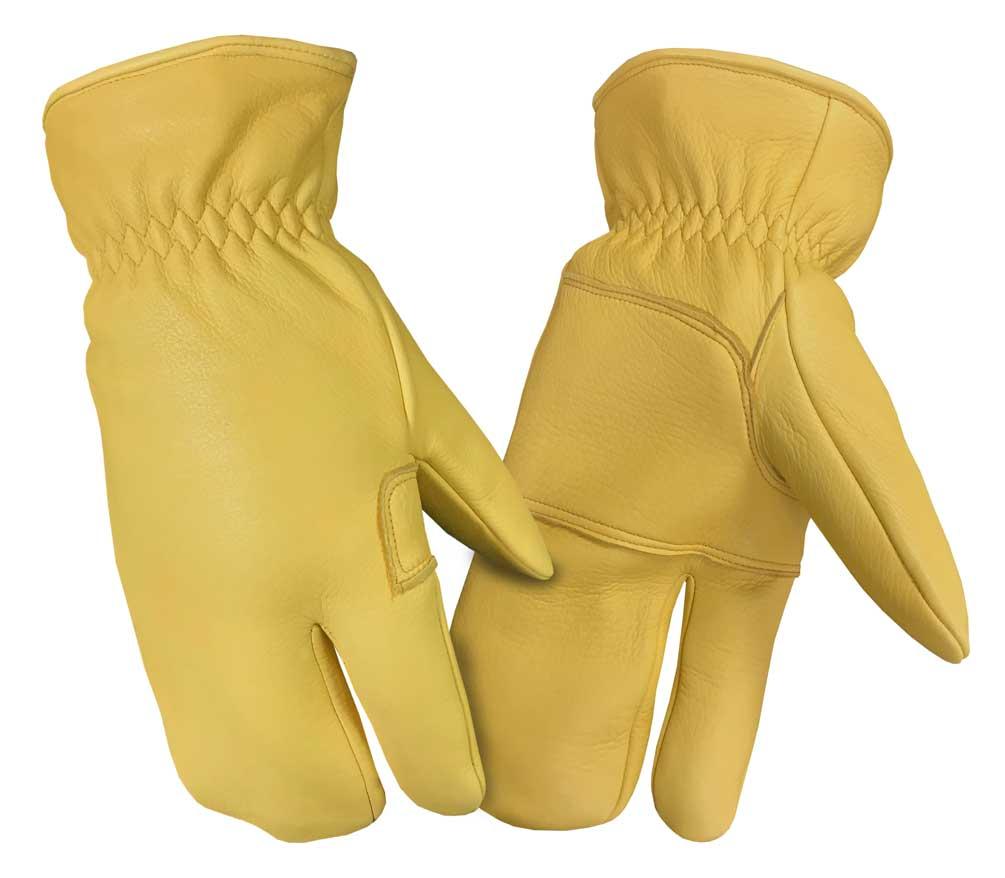When it comes to working with machinery and tools, it is crucial to prioritize safety. One area that often gets overlooked is hand protection. Mechanics, in particular, face numerous hazards in their line of work, which can lead to serious hand injuries. This is where mechanic gloves come into play.
1. Preventing Cuts and Abrasions: One of the primary purposes of mechanic gloves for work is to prevent cuts and abrasions. Mechanics deal with sharp tools and equipment on a daily basis, such as wrenches, screwdrivers, and power tools.

2. Shielding Against Chemicals and Solvents: Another hazard that mechanics often encounter in their work is exposure to chemicals and solvents. Many automotive fluids and cleaning agents contain harmful chemicals that can cause skin irritation, burns, or even more serious health issues.
3. Enhancing Grip and Dexterity: They are crucial for mechanics to perform their tasks effectively. Slippery tools or parts can lead to accidents and mistakes, which can be costly or even life-threatening in certain situations.
4. Minimizing Vibration and Impact: It often works with power tools and machinery that generate vibrations and impacts. Prolonged exposure to these vibrations can cause a range of health issues, including hand-arm vibration syndrome (HAVS).
5. Protecting Against Extreme Temperatures: They often work in environments with extreme temperatures. Whether it's repairing a vehicle in freezing winter conditions or dealing with hot engine components, exposure to extreme temperatures can be dangerous for the hands.
Conclusion
As we have seen, mechanic gloves play a crucial role in protecting the hands of mechanics. From preventing cuts and abrasions to shielding against chemicals and solvents, these gloves are essential for maintaining hand safety in the workplace. Additionally, mechanic gloves enhance grip and dexterity, minimize vibration and impact, and protect against extreme temperatures.